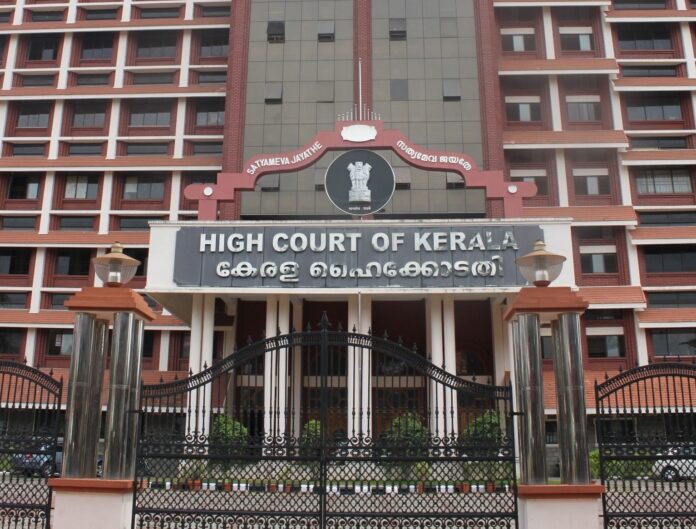The Kerala High Court has highlighted that a strong prima facie case must be established before directing a DNA test. The court specified that sufficient material justifying the request must be presented. This ruling came during the hearing of a petition challenging a trial court’s order that allowed an application for a sibling DNA test.
Court’s Observation
Justice C. Jayachandran, who presided over the case, stated, “to exercise the power of directing the conduct of a DNA test, the applicant has to establish, not merely a prima facie case but a strong prima facie case, and there should be sufficient material before the Court justifying a request for DNA analysis being allowed.”
Background of the Case
The plaintiff claimed that the disputed property belonged to her father, who married her mother. She asserted her parentage as their daughter and contended that the defendants were children from her father’s later marriage. The defendants refuted her claims. Seeking to prove her parentage, the plaintiff requested a sibling DNA test, which the trial court approved. The defendants then challenged this decision.
Supreme Court Guidelines
The High Court referred to the Supreme Court’s precedent in Bhabani Prasad Jena v. Convenor Secretary, Orissa State Commission for Women and Others [2010 (8) SCC 633], which articulated the “test of eminent need” for deciding whether to permit a DNA test. The Supreme Court had stated, “when there is apparent conflict between the right to privacy of a person not to submit himself forcibly to medical examination and the duty of the court to reach the truth, the court must exercise its discretion only after balancing the interests of the parties and on due consideration whether for a just decision in the matter, DNA is eminently needed.”
Additional Supreme Court Precedents
The court also cited Dipanwita Roy v. Ronobroto Roy [2015 (1) SCC 365], where the Supreme Court concluded, “it is quite permissible for a Court to direct the DNA examination to determine the veracity of one of the allegations constituting a ground, on which a party would either succeed or lose.” However, the Supreme Court advised that if the direction for such a test can be avoided, it should be avoided.
Considerations for DNA Testing
Justice Jayachandran noted that the power to direct DNA analysis is available to civil, matrimonial, and other courts, provided the test’s outcome would decisively affect the case’s result. He highlighted that the desirability of conducting a DNA test depends on the specific facts and circumstances and the relief sought.
Varied Contexts for DNA Test Requests
The court elaborated on different scenarios where DNA testing might be requested:
- A husband alleging adultery seeking a DNA test to prove the allegation.
- A husband disputing paternity in a matrimonial case.
- A case where the existence of a marriage is disputed.
After reviewing the evidence, the court concluded that the plaintiff failed to establish a strong prima facie case proving a valid marriage. The court observed, “one cannot seek a DNA test to be done only in his/her attempt to fish out evidence in support of his case.” Consequently, the court set aside the trial court’s order and allowed the present Original Petition.
Case Title: Gangadharan v. Sreedevi Amma (Neutral Citation: 2024:KER:33151)
Click here to read/download the judgment
.


